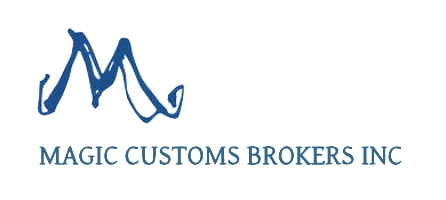About
At Magic Customs Brokers individual attention is ensured and our dedicated team will work out any duty and taxes and liaise with Customs to ascertain the speedy clearance of your goods. It makes good business sense to hire Magic Customs Brokers to help make certain that the goods are processed in an efficient and cost-effective manner.
